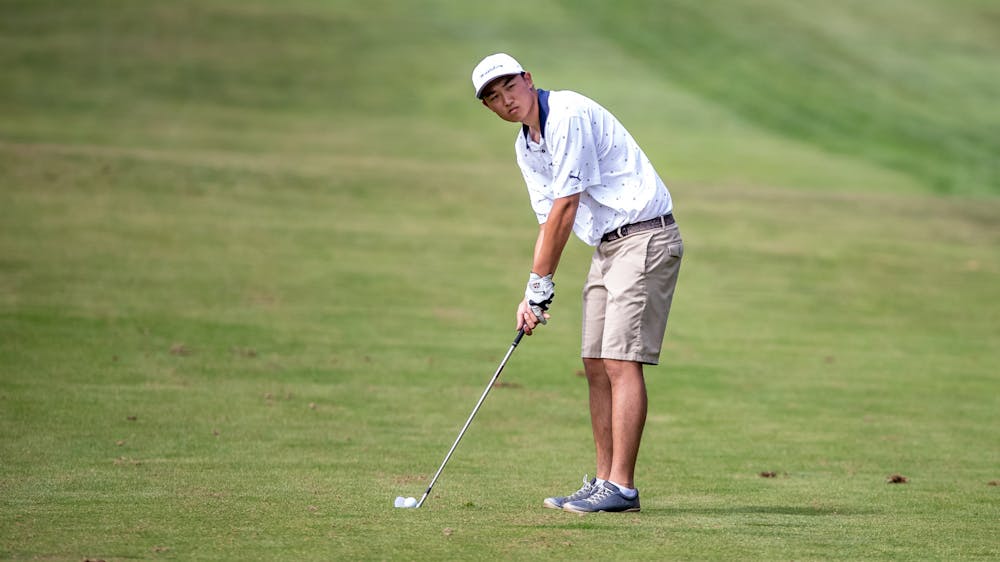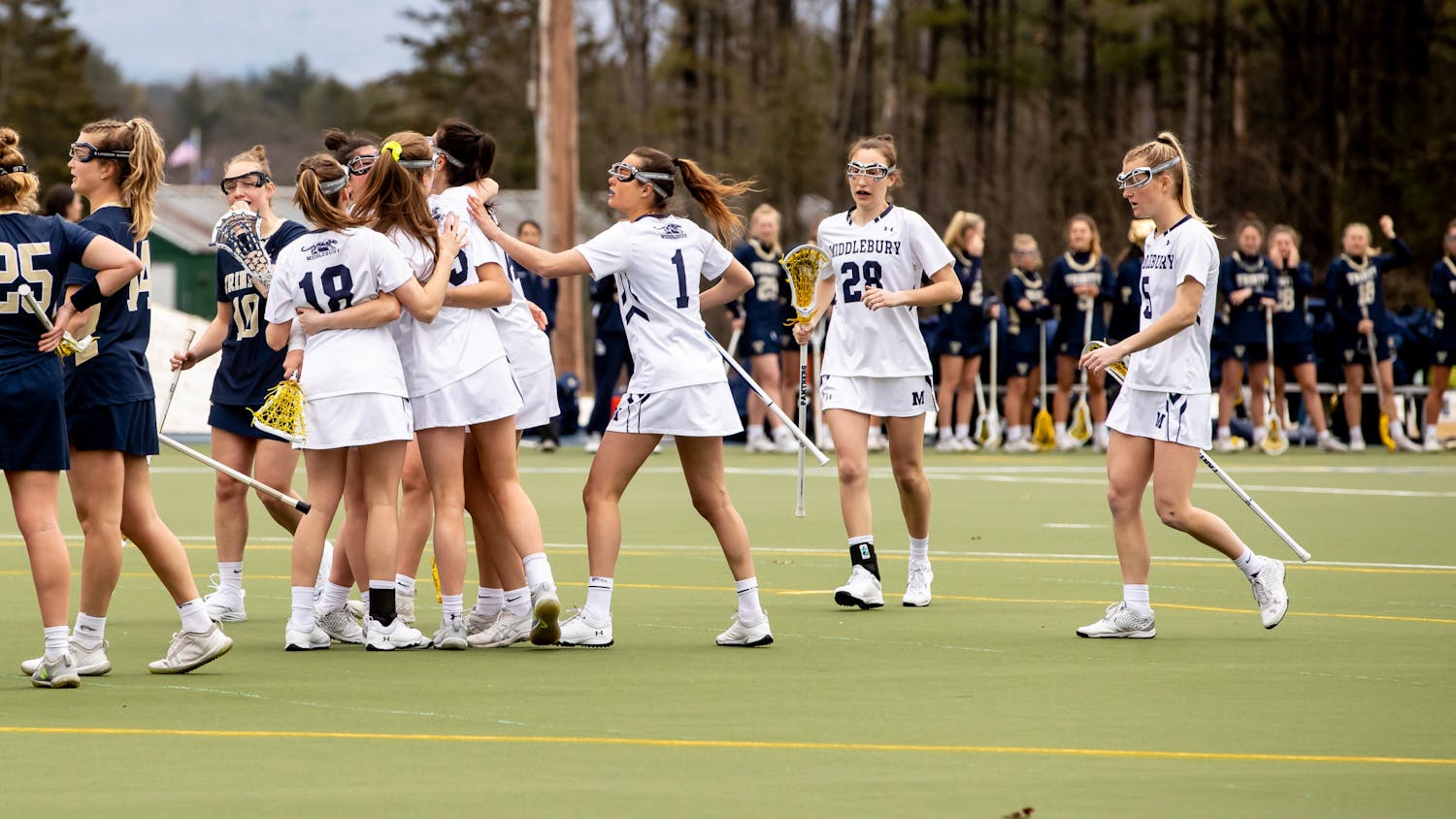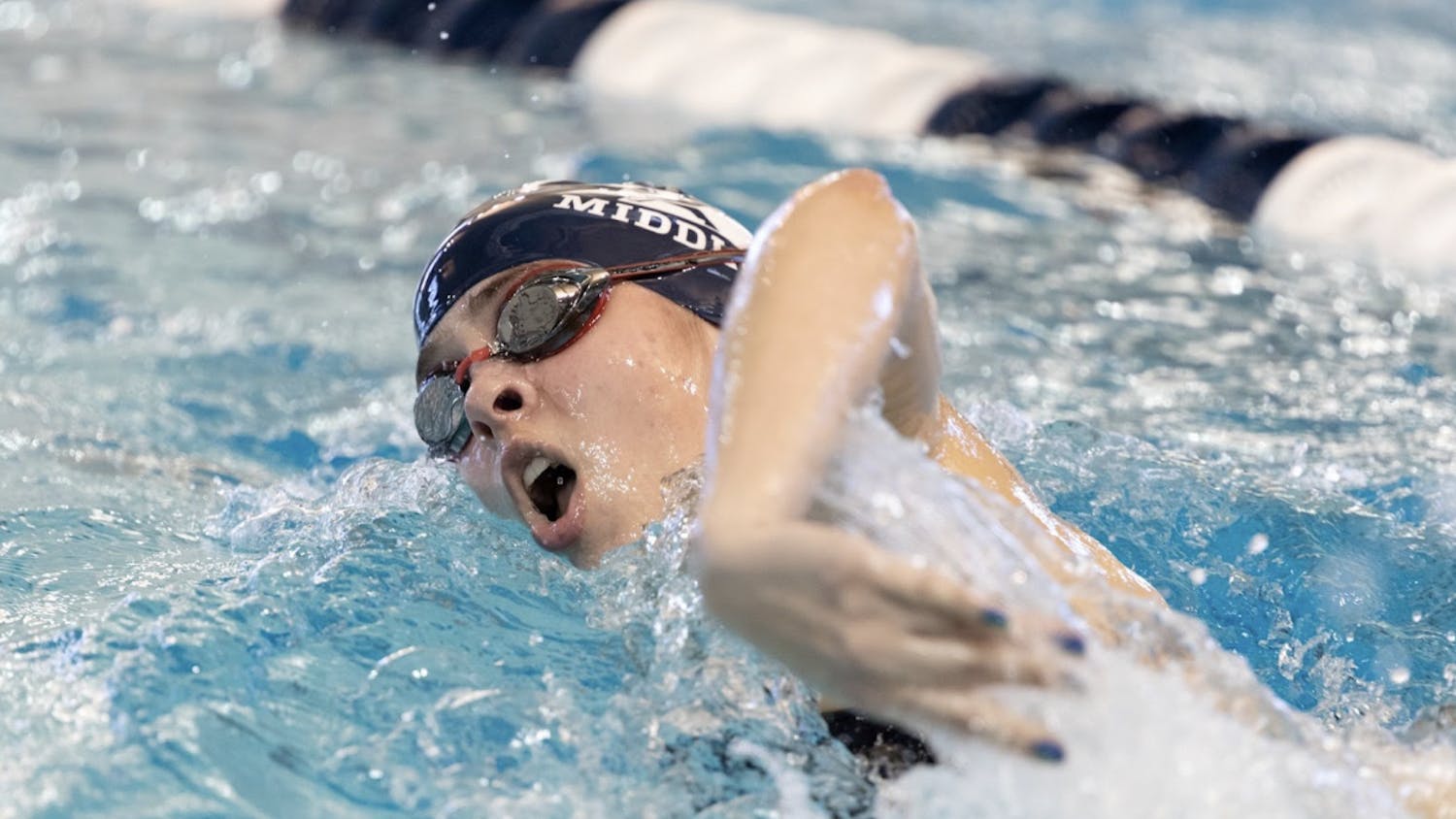Derek Ban ’24 from Rancho Cucamonga, Calif. is competing in his third year on the men’s golf team. In this installment of Seven Questions, Ban discusses his journey to collegiate athletics, the unique community of the golf team and his hopes for the future of the program.
Owen Park: How were you first introduced to golf?
Derek Ban: Through my dad. He plays casually and occasionally took me to the driving range to hit balls when I was a toddler. Growing up, golf wasn’t the only sport I was interested in — I also played baseball and soccer. It wasn’t until I was 12 that I decided to commit to golf as my main sport and began to play in tournaments. Outside of competitions, I began to practice seriously on my own time and continued to do so through junior high and high school.
OP: So what about golf made you decide to make it your main sport?
DB: The fact that it’s a completely self-motivated sport. With team sports, you have to conform to a specific role and playing with others constantly pushes you to improve regardless of how you feel. With golf, all of that motivation has to come from you. It’s entirely up to you when you practice, how much effort you want to put in, as well as the kind of athlete you become. The fact that your trajectory in golf is entirely self-determined was something that really spoke to me at the time.
OP: Did you always know that you wanted to play in college?
DB: Mostly. Once I became serious about golf, I always had the goal of playing in college in the back of my mind. It was a decision I gradually came to after having enough experience with the sport. During my freshman year of high school, I came to realize that competing at the collegiate level was an option for me. After that moment, I played with the intent of one day being recruited to play in college.
OP: What made you decide to compete at Middlebury?
DB: The balance of academics and athletics. I knew I wanted to go to a school that was academically rigorous and didn’t force me to sacrifice my education for golf. Middlebury stood out to me because it offered an amazing golf and academic program. One good thing about golf recruiting is that your scores speak for themselves which makes it easier to stand out to coaches. I reached out to schools that I was interested in playing for, and Middlebury was one of my top schools that responded.
OP: Now that you have been playing on the team for some time, what would you say are your favorite parts about being on the team?
DB: I really like the culture that this team has built for itself on and off of the course. Whenever we train, each player always holds themselves accountable and constantly tries to improve their game. The small size of the team also means that everyone gets to know each other and becomes really close. People look out for one another and are genuinely invested in getting to know new recruits as well as building connections with current players. Having a small roster also means I always have a chance to compete and stand out among my teammates.
OP: Would you say that your coaches have been influential in creating this cohesive team culture?
DB: Definitely. Coach Beaney is an amazing leader and he is one of the main reasons we’re able to consistently compete at such a high level. He holds everyone to a high standard and keeps us accountable wherever we go. Even though he doesn’t specialize in golf, he knows how to consistently get the best out of each person on the team. I would say it is because of his leadership that we’re able to stay compact as a team on and off the course and have our team culture at large.
OP: Looking to the future, what are some hopes and goals you have for the program?
DB: As a team, we’re looking to win NESCACs as well as to improve overall. It’s also Coach Beaney's final year, so we’re trying to give him a good sendoff. Moving forward, I’m not sure how the program will look without Coach Beaney, so I can’t speak to any changes that might happen next season. Regardless, as a senior next year, I want to do what I can to make sure that we maintain the good parts of the program even after I’m gone.




